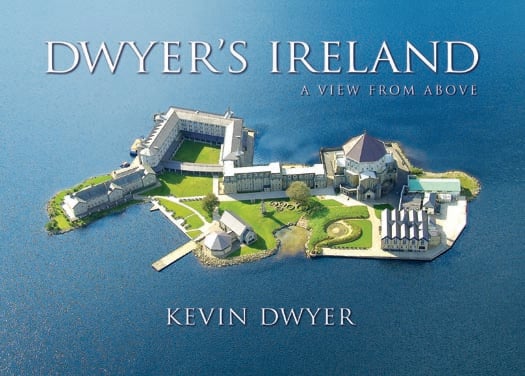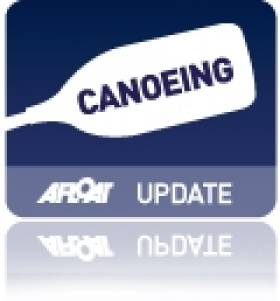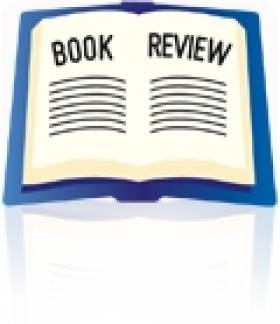Displaying items by tag: Lakes
Winter Kayaking on the Lakes of Killarney
Bookings are now available for kayaking trips on the lakes of Killarney over the winter months of 2011-2012.
Kayaking on Lough Lein can be done all throughout the winter, the locale providing some great sheltered bays to paddle.
Irish Adventures runs kayaking trips on Lough Lein with a minimum of 2 people (€50 per person).
The route runs from Ross Castle with landings on Inisfallen Island and Ross Island to see the Bronze Age copper mines. There may even be a chance to get a glimpse of the white tailed eagle introduced to Killarney National Park.
All equipment (wetsuits, booties, waterproof jacket and hats) will be supplied.
To book call Irish Adventures at 087 419 0318 (morings 9.30am-12.30pm; afternoons 2pm-5pm) or e-mail [email protected].
Dwyer's Island ‘A View From Above’
Dwyer is a member of the Irish Cruising Club and has achieved much recognition for his contribution to appreciation of the Irish coastline and countryside.

Dwyer's Island 'A View From Above' was published in October 2010 by Collins Press www.collinspress.ie/ and is Priced: €14.99 / £12.99

























































